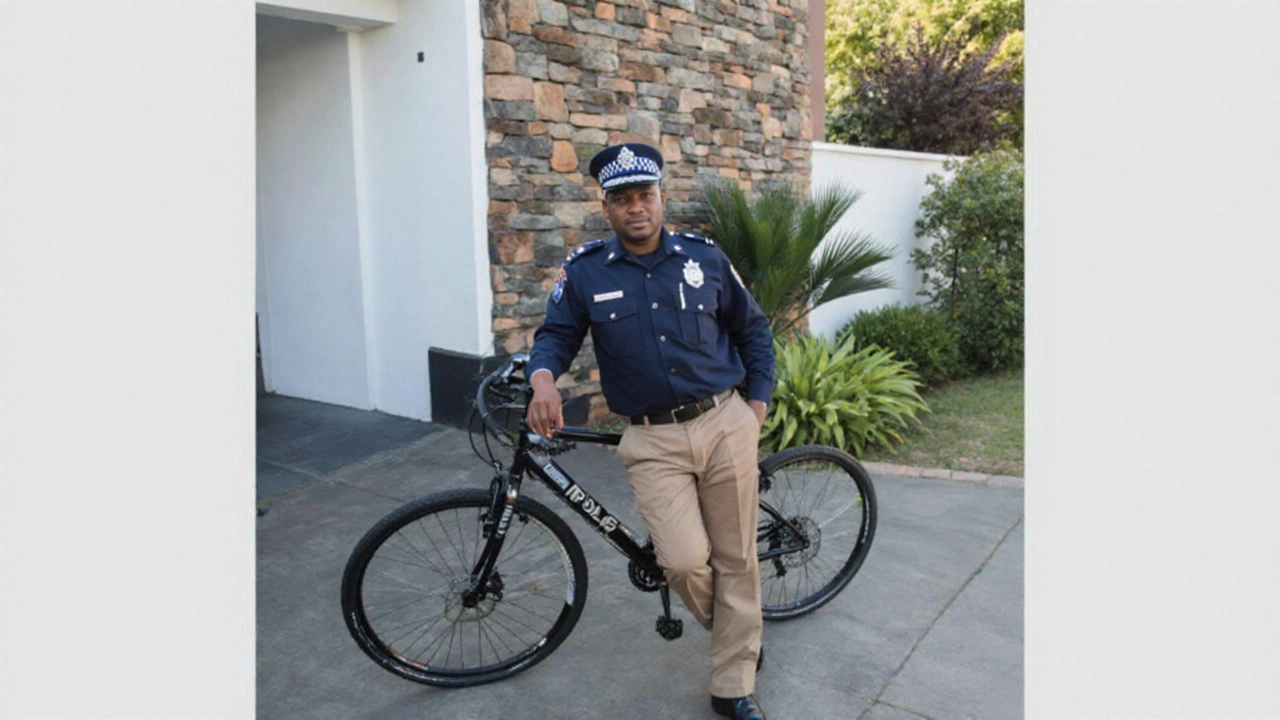IPID Investigation: What’s Happening and Why It Matters
When the Independent Police Investigative Directorate (IPID) steps in, it’s a sign that a police incident needs a closer look. Whether it’s a complaint about misconduct, a use‑of‑force case, or a missing person report, IPID’s role is to investigate fairly and keep the police accountable.
How IPID Investigations Work
First, someone files a complaint – a citizen, a lawyer, or even another officer. IPID then decides if the case falls under its jurisdiction. If it does, investigators gather evidence, interview witnesses, and review any video footage. The goal is simple: find out what really happened, not to blame anyone before the facts are clear.
Once the investigation is complete, IPID writes a report. The report can recommend disciplinary action, criminal prosecution, or even a policy change. If a criminal case is recommended, the matter goes to the National Prosecuting Authority. If it’s a disciplinary issue, the police service handles it internally.
Why You Should Follow IPID News
IPID investigations often set the tone for how the public trusts the police. A transparent investigation can restore confidence, while a hidden or delayed report can fuel skepticism. For community leaders, NGOs, and everyday citizens, staying updated means you can speak up at the right moments – whether that’s demanding a hearing, supporting a reform, or simply staying informed about local safety.
Recent headlines have shown IPID handling cases ranging from protest‑related arrests to alleged corruption within precincts. Each story adds a piece to the bigger puzzle of police reform in South Africa. By following the tag page, you’ll get quick links to the latest articles, expert commentary, and real‑world outcomes of these investigations.
In practice, an IPID investigation can look like this: a protest turns violent, a by‑stander records what appears to be excessive force, and the footage goes viral. A complaint is filed, IPID steps in, and within weeks a report is released. The report might confirm misconduct, leading to a suspension and a call for policy changes on crowd control.
If the investigation finds no wrongdoing, that’s also news. It can clear officers’ names and help the community focus on other safety concerns. Either way, the process is a key part of democratic oversight.
For anyone interested in human rights, policing, or community safety, the IPID tag page is a one‑stop hub. You’ll see summaries of each case, links to official statements, and analysis from local experts. It’s the kind of resource that helps you stay ahead of the story, not just react after the fact.
Bottom line: IPID investigations aren’t just paperwork – they’re a vital check on power. By reading the latest updates, you can understand how each case shapes the broader conversation about police accountability in South Africa.
Ekurhuleni Police Deputy Chief Julius Mkhwanazi Caught in Corruption Scandal
Deputy Chief Julius Mkhwanazi of the Ekurhuleni Metropolitan Police faces multiple fraud and corruption allegations, from illegal blue‑light distribution to the misuse of municipal vehicles for a private security firm. Despite an IPID report recommending action, the city promoted him to Acting Chief after the former chief was suspended. The Democratic Alliance calls the police force a "mafia‑style" operation, demanding transparency and prosecution.

